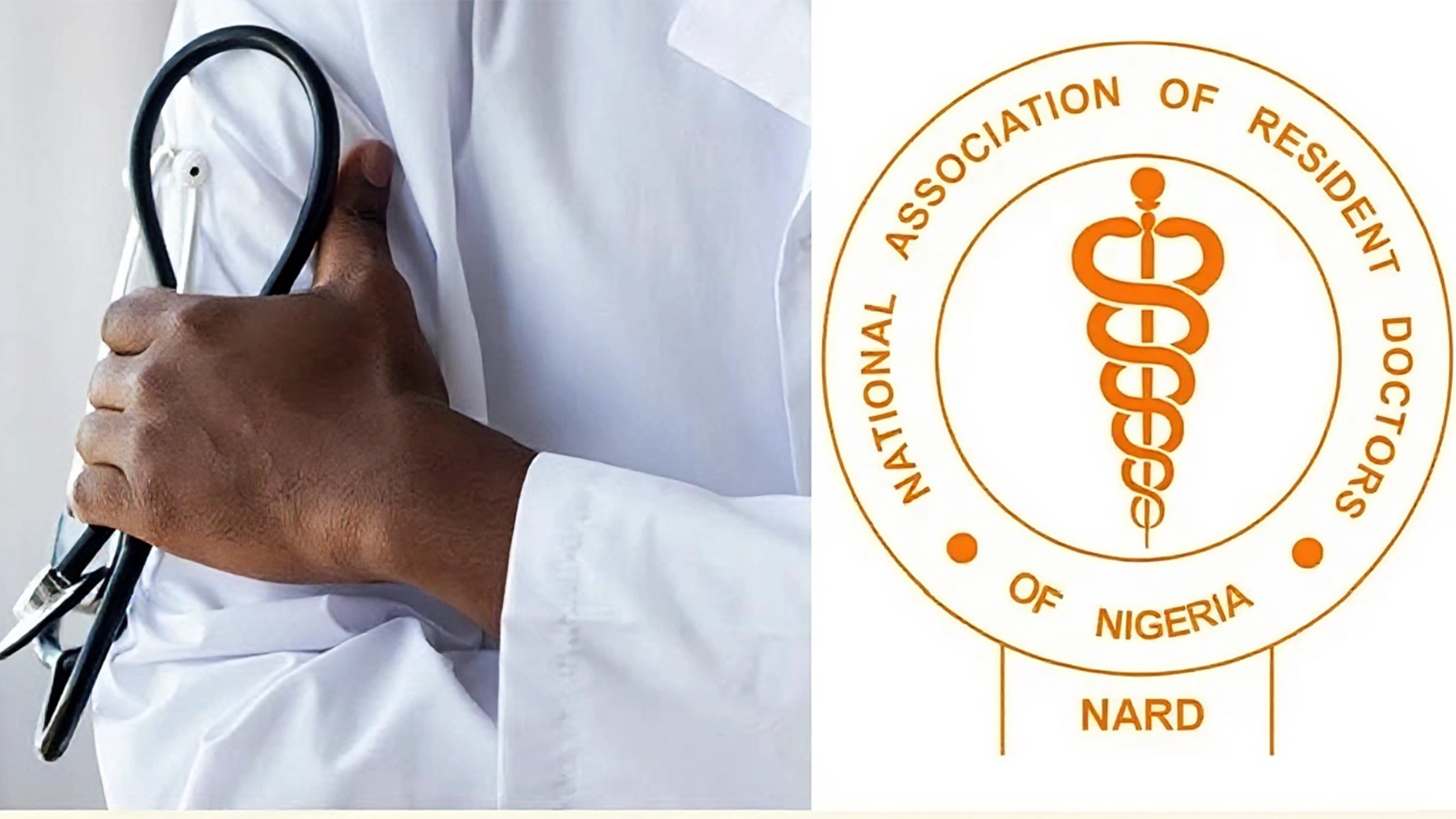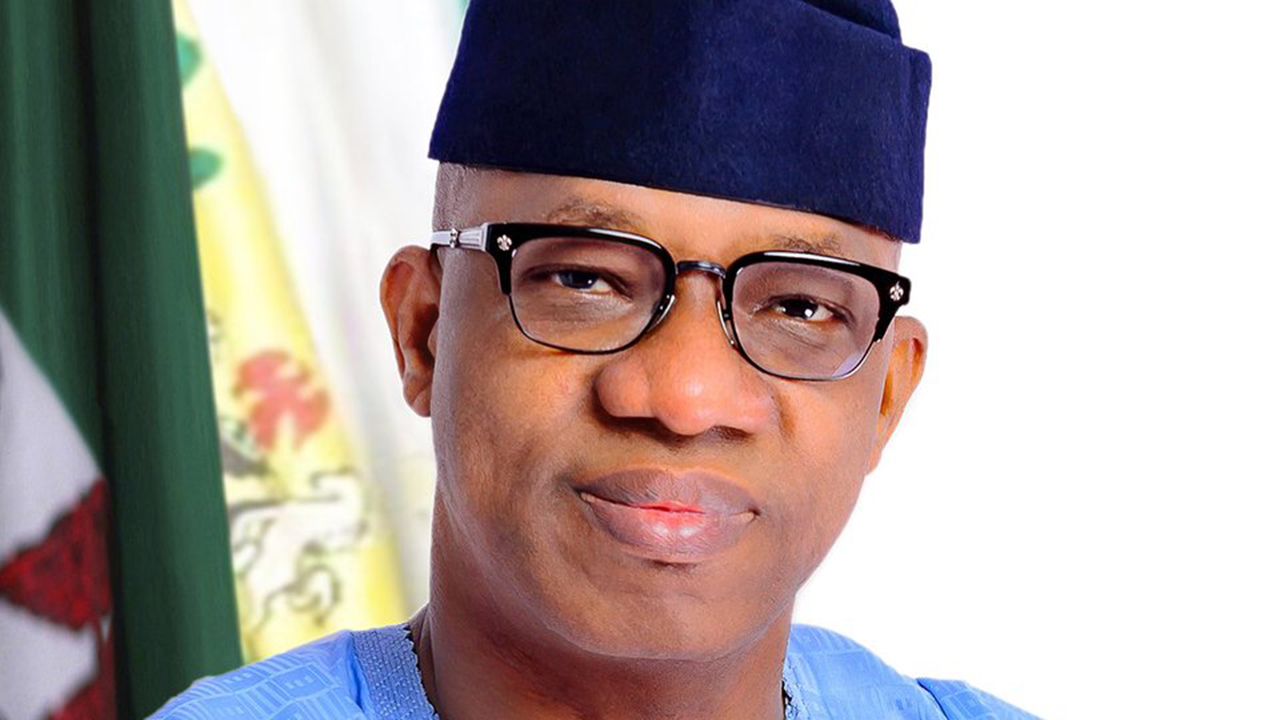
At his inauguration, Yar’Adua surprised the nation when he came a few breaths short of an outright condemnation of the 2007 general elections that brought him into office. Obviously, he liked his victory but he did not cherish the manner of its attainment.
In the second paragraph of his inaugural speech, he said: “We acknowledge that our elections have shortcomings. I also believe that our experiences represent an opportunity to learn from our mistakes.
Accordingly, I will set up a panel to examine the entire electoral process with a view to ensuring that we raise the quality and standard of our general elections, and thereby deepen our democracy.”
Foreign observers reported that the elections were so poorly conducted that they did not even meet regional standards.
If you know that those standards are not that high, you have a pretty good idea of how awfully low the conduct of the 2007 general elections was. No surprise there. It was a vicious political battle that President Obasanjo saw as a do-or-die affair.
Yar’Adua was going to draw the line between the 2007 general elections and subsequent elections in the country.
On August 28, he took an irrevocable step towards that end with his appointment of a 22-member Electoral Reform Committee chaired by the former chief justice of Nigeria, Justice Muhammadu Lawal Uwais. He gave the committee twelve months to submit its report to him. It took slightly longer until December 2008.
Sadly, by the time the committee submitted its report, the reform-minded president was too ill to do much or anything about it.
Yar’Adua’s successor, President Goodluck Jonathan, did not feel sufficiently concerned about electoral reforms and so, he ignored the report. I suppose he thought that if the existing electoral system would serve his purpose better, he needed not reform it and probably throw some sand in his gari.
But interestingly, Jonathan set up his own National Conference 2014 to tackle the many problems that confront us as a nation, including, of course, the credibility and the integrity of our elections.
President Muhammadu Buhari has not yet publicly expressed his views on the electoral system and the conduct of our elections. It is difficult to know if he approves of the system that merely helps us to muddle through each election circle.
Maybe, it is not always politically expedient to wake up the sleeping dog, right? And so, the report, you guessed it, is gathering dust on a government shelf. And we are doing our best to convince ourselves that it does not even exist.
Why should I bother myself about a report that the very important people have forgotten? I offer you four reasons. One, I know that our electoral system is crying loudly for reforms. I believe that while it may be politically correct to be charitable about this, our elections are still in want of credibility and integrity.
The success of the conduct of each election circle is merely a pathetic acceptance of an election that is not worse than the previous one. It seems to me that the integrity of our elections is now tied up with the integrity of the INEC chairman. If we trust him, we crown him a poster child of our electoral integrity.
Two, I wanted to see what the committee identified as the main weaknesses in our electoral system. I wanted to see if there are any chances of the problems so identified becoming history in the near or distant future.
Three, having sauntered through the report, I am saddened by the fact that it is wilfully neglected by a nation anxious to clean up its electoral system and enhance the integrity of its elections.
Nigeria is, perhaps, the only country in the world that makes a remarkable virtue of want and waste. We want solutions to identified problems and we go to great lengths in expenses in search of those solutions only for us to waste them with hardly a thought for the human and material resources wasted.
Four, in less than a year from now, we would be called upon to do our civic duty by going to the polls to select or elect or merely endorse those who have been anointed by the owners of the political parties. They call themselves the godfathers, with nary a thought for the biting irony; or stake holders. They are the selectors and the electors.
In the absence of the electoral reforms, we would, as usual, be pouring fresh palm wine in gourds that can hardly hold the wine. And try what it may; the electoral umpire would still be hamstrung in running a system in which it is powerless to guarantee its integrity.
There is more to elections than putting the ballot papers into the ballot boxes. The integrity of an election lies squarely on the shoulders of the electoral system.
If the system is crooked, as it is at the moment, it is futile to expect the miracle of conferring integrity on our elections for no better reason than that we vote; or more correctly, stand in long queues in the sun.
If we do not get the system right, we cannot a) free our elections from the blatant rigging with so much impunity and b) the integrity of our elections at all levels would always have this huge and unsightly question mark dancing over it.
From what I have seen of the report, there could not be a better one in our electoral reforms – if we are serious about them.
If the distinguished senators and the honourable members of the House of Representatives had cared to look into the report, their job in amending the constitution and the electoral act would have been a legislative breeze.
The committee provides a draft bill for an act to amend the 1999 constitution; a draft bill for an act to amend the electoral act 2006 and another draft bill for an act to create the electoral offences commission.
Perhaps, I am on a fishing expedition here. Still, I feel compelled to write this two-part column on the report in the hope that by an act of divine intervention, it would help to prick the conscience of those who matter and force them to realise, as the committee pointed out in its report, that we have been at this election game for some 92 years.
If, after all these years, we are still trying to capture the wind, then much more than we thought has gone wrong with the simple act of the electorate exercising their civic duty.
Let me enter a caveat. I would not be so presumptuous as to suggest that I could do justice to the 297-page report. This is not a review of the report. Just some candid comments in which I try to push for the rescue of the Uwais’s committee report from the shelf where ignored reports are condemned to spend their lives in eternal limbo.
In dealing with the problems that bedevil our general elections, the committee identified five fundamental problems. These are, “the Nigerian state as the arena of electoral contests, weak democratic institutions, negative political culture, weak constitution/legal framework and lack of independence and capacity of the electoral management bodies.”
The main work of the committee was centred on or around these five fundamental problems in the electoral system.
The first thing that struck me here is the fact that these problems have been with us for so long they even look normal. We have known nothing much better and so we are unwilling to think that comprehensive electoral reforms could cure these ills and set our elections on the path of credibility and integrity.
(To be concluded)






